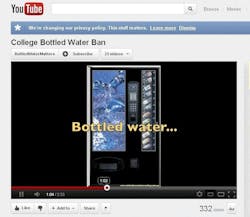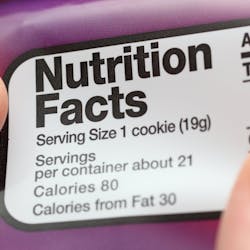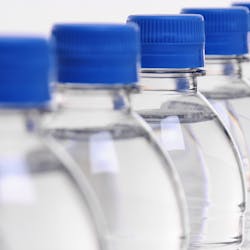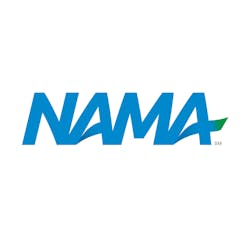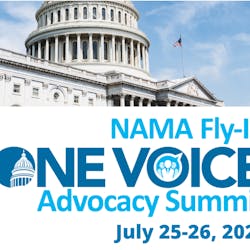The International Bottled Water Association’s (IBWA) consumer Website, www.bottledwatermatters.org, has launched a new YouTube video that provides bottled water facts to help counter anti-bottled water activism on college campuses.
The new video, Student Activism: 101, puts the concept of banning bottled water alongside other student activists campaigns and introduces information about the health, safety, and environmental impact of bottled water that students should be aware of, says Chris Hogan, IBWA vice president of communications in a prepared statement.
“What we are seeing is well-known anti-bottled water groups are recruiting college students to spread misinformation about bottled water on college campuses. Those groups are capturing the attention of college students by making highly emotional and incorrect statements and claims — such as the threat of losing water as a basic human right and the privatization of water,” said Hogan in a prepared statement. “But if these students checked some of this information out for themselves, they would see that this anti-bottled water rhetoric is simply not true.”
BWM’s new video points out that bottled water is similar to other packaged drinks except it has no sugar, no caffeine, and no calories. Bottled water also has the lowest carbon footprint, the lowest water footprint, and the highest curbside recycling rates of packaged drinks.
In terms of safety, the video points out that bottled water is stringently regulated by the FDA to a safety standard higher than tap water. And reports that bottled water has caused zero illnesses in the past decade, while tap water is responsible for approximately 16.4 million illnesses each year.
“A ban on the sale of bottled water on college campuses restricts freedom of choice for students to choose one of the healthiest beverages available in vending machines,” said Hogan.
“These activist students fail to understand that bottled water is most often an alternative to other packaged drinks, which are often less healthy, and is not necessarily an alternative to tap water,” he said.
“Research by owners of vending machines shows when bottled water is not available in a vending machine, people choose other packaged beverages, which may contain sugar, caffeine, and other additives. They don’t necessarily go looking for a drinking water fountain.”
Hogan said the action of banning the sale of bottled water on college campuses was a misguided attempt to deal with a waste issue that would be better addressed through improved recycling rates of all packaged drinks.
“Bottled water containers are the most highly recycled containers in curbside programs, and the EPA has calculated that plastic bottled water containers make up just 0.03 percent of the U.S. waste stream. So, getting rid of bottled water on campus will not make a significant improvement to waste issues.”
“Instead, students will turn to other packaged drinks, which still require proper recycling collection facilities,” he said. “I would encourage students, if they want to make a real difference for the environment, to focus their efforts of improving recycling rates of all beverages, not single out one the healthiest drinks on the shelf.”“Removing the students’ freedom to choose packaged water is a serious issue. Telling students that they can or cannot buy bottled water is a step backwards, especially with the growing rates of obesity and diabetes in the U.S.”
To view the new BWM YouTube video, choose the video at left or click here.
